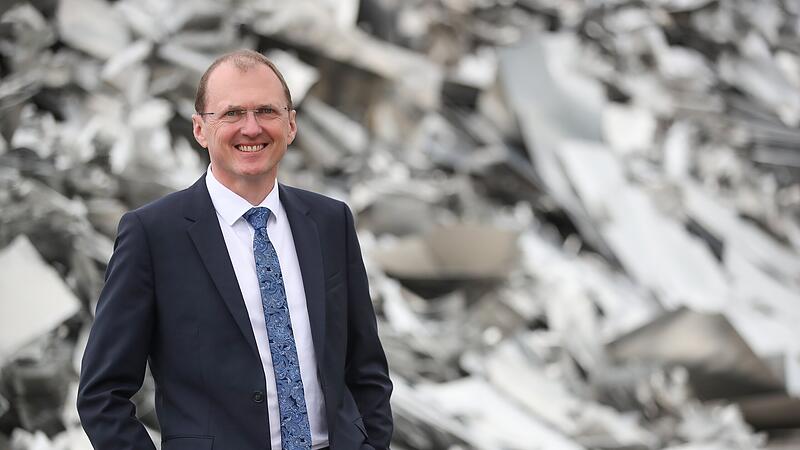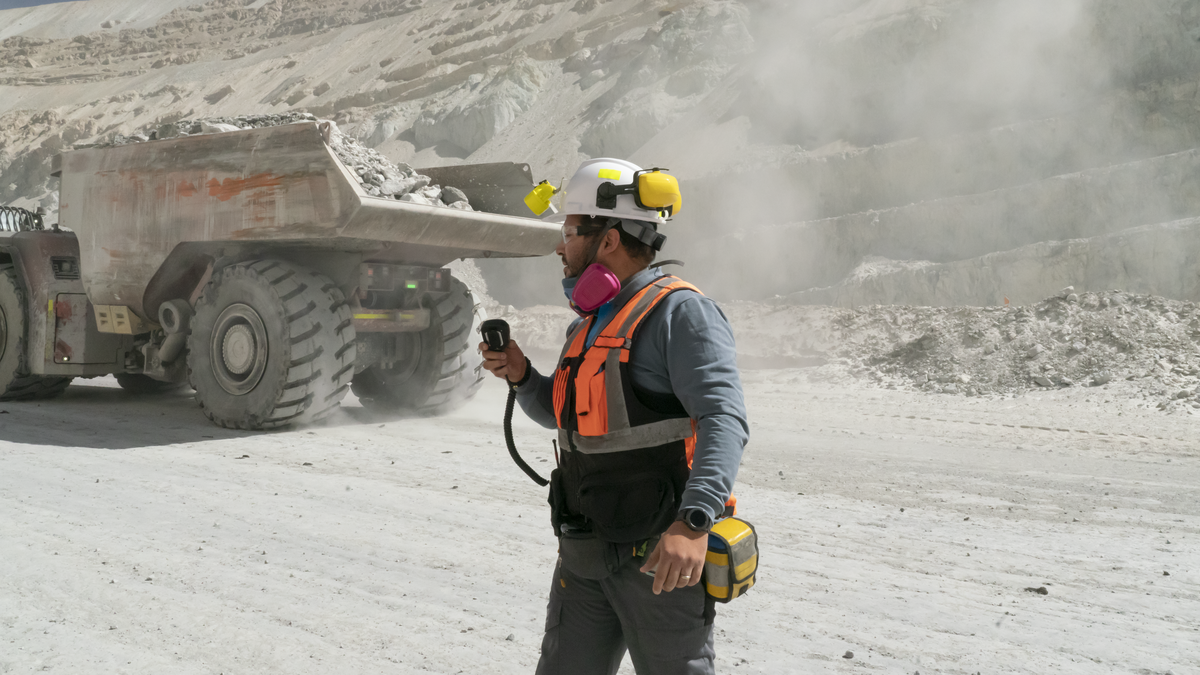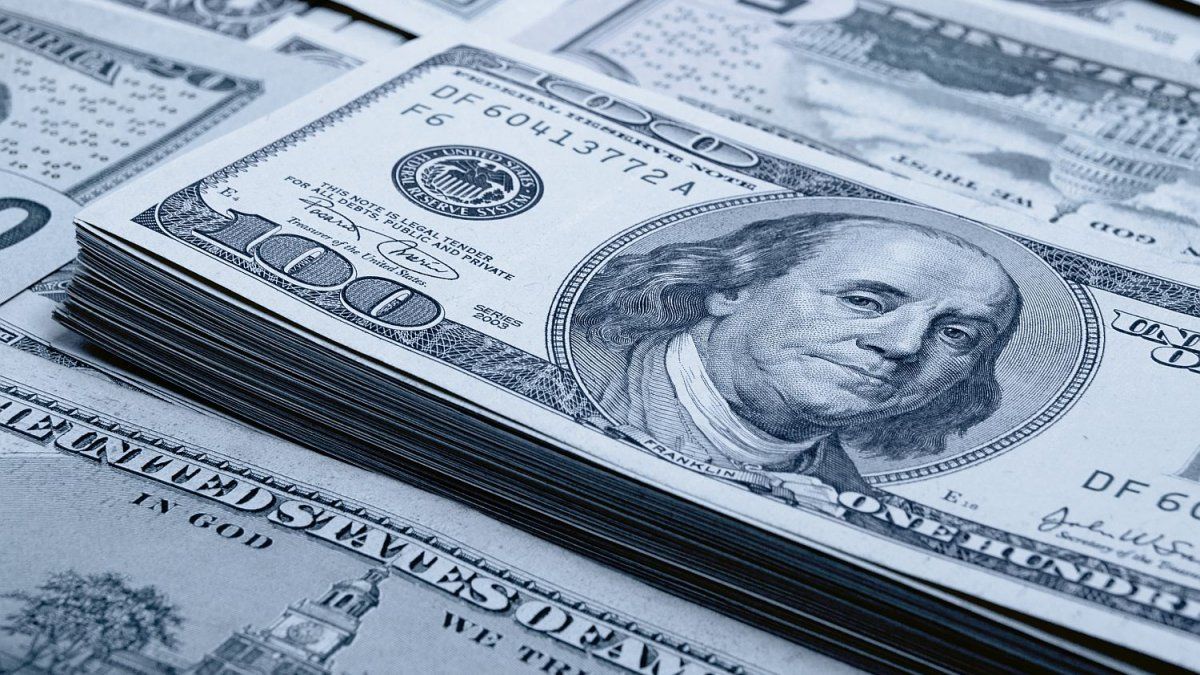Image: VOLKER Weihbold
In any case, one thing is clear: “We will certainly need gas for the next 20 years,” says Mayer. He sees a double standard in this country: a lot of energy is imported from questionable sources, while at the same time there are protests against domestic energy production.
Fossil fuels cannot be replaced by green electricity in all sectors, and in many places the technology for the Green Deal is still lacking. There will probably be parallel operation of gas and hydrogen for a while, but how this should work side by side is still an open question. For this year he pointed out that the drought and the low water levels of the rivers are not a good omen for the energy supply.
Amag itself is an energy-intensive company, two-thirds of whose energy needs are covered by gas and one-third by electricity. Although one is one of the few companies that have their own gas storage facilities, this is only a bridging aid.
business is going well
Despite high energy prices and the ongoing problems in the supply chain, business at Amag is going very well. The aluminum group is benefiting from the increasing demand in the transport, packaging and construction sectors. Lightweight construction is a big issue in e-mobility due to the heavy batteries. In addition, there are the good heat properties of aluminum. And aluminum has the perfect properties for a circular economy – because it can be recycled as often as you like. 75 to 80 percent of the raw material processed by Amag in Ranshofen, Upper Austria, is scrap.
“The growth rates are positive, I’m not worried about that at all,” said Mayer on Tuesday at the “Business Journalists’ Club” in Vienna. However, the shortage of workers is a source of concern, with around 30,000 skilled workers missing in Upper Austria’s Innviertel region.
In 2022, Amag achieved new record sales and earnings figures. Revenue rose 37 percent to EUR 1.727 billion and earnings before interest, taxes, depreciation and amortization (EBITDA) rose 33 percent to EUR 247.1 million. Earnings after taxes were in the three-digit range for the first time at EUR 109.3 million (up 69 percent). At the Annual General Meeting on April 13, an unchanged dividend of EUR 1.50 per share is to be proposed. The company employs around 2,200 people and has plants in Upper Austria, Canada and Germany.
more from economy




